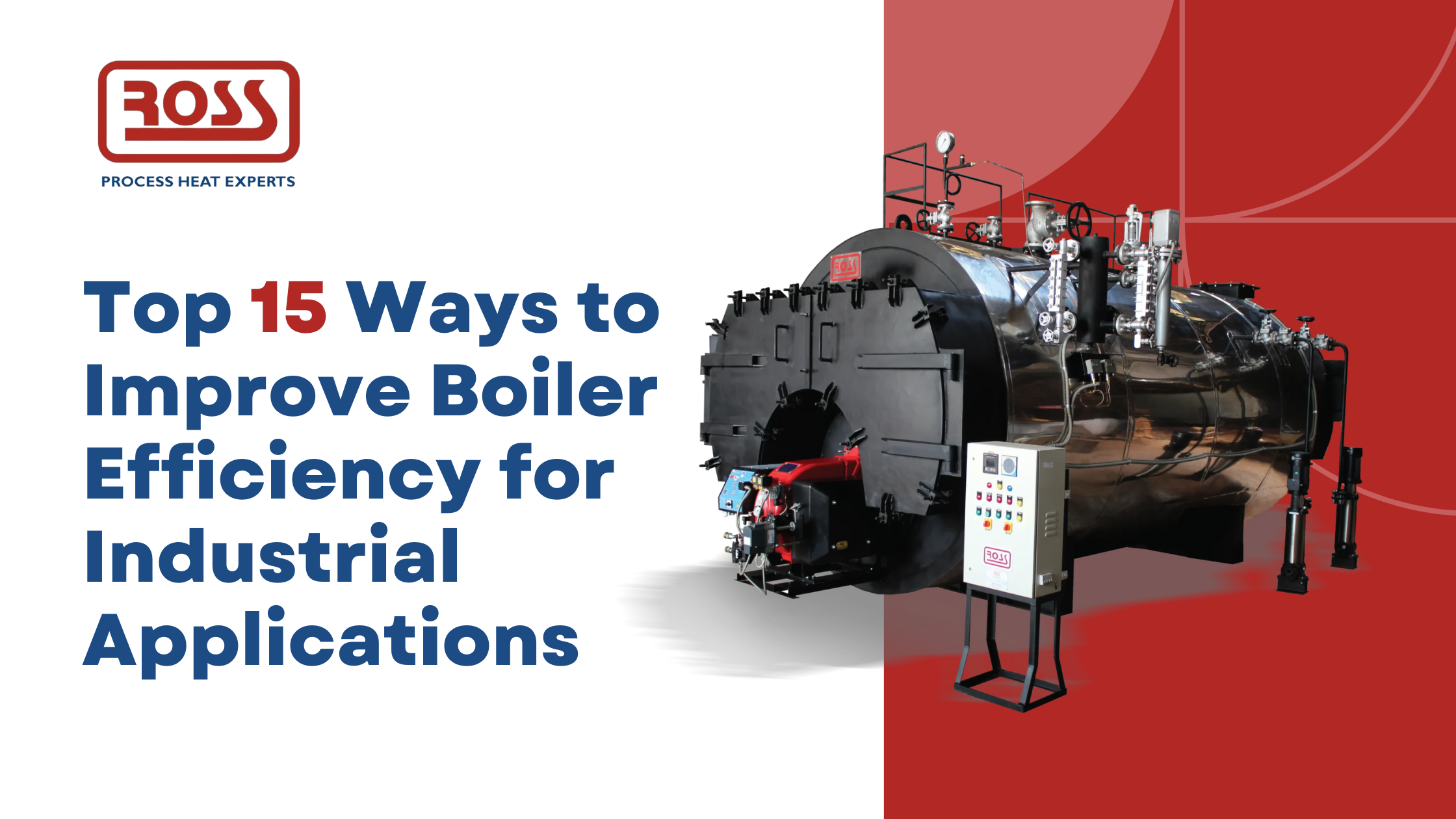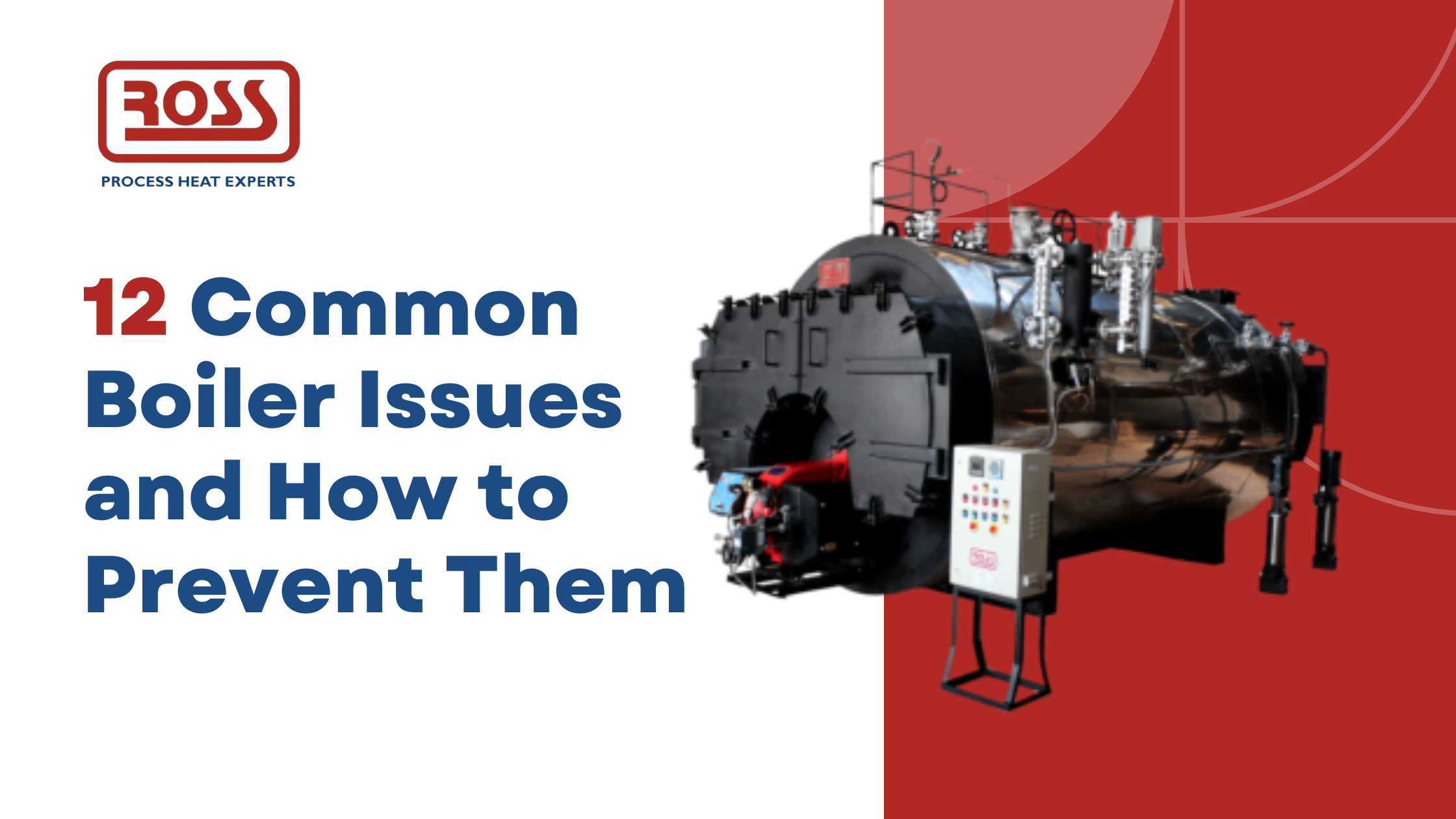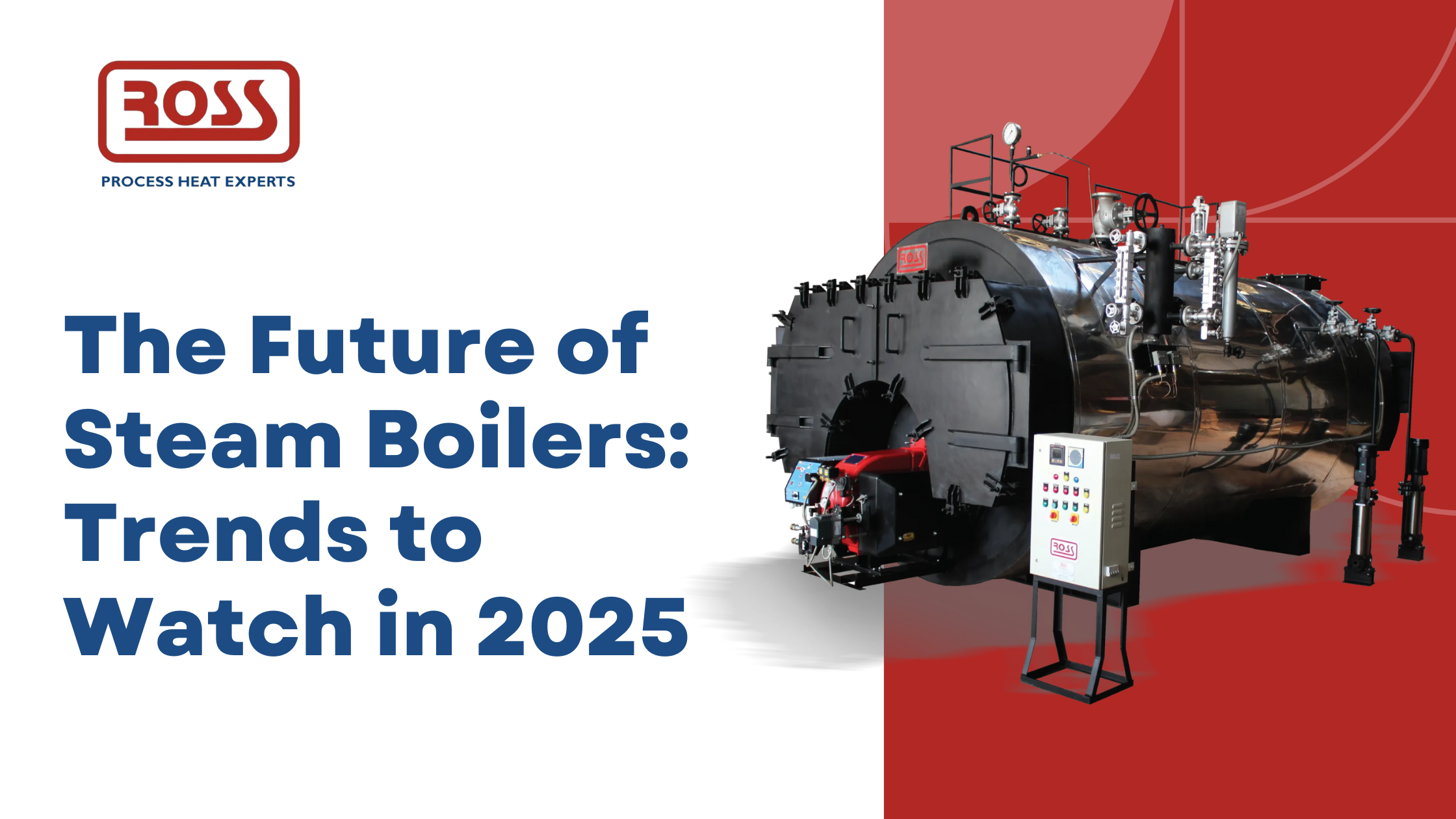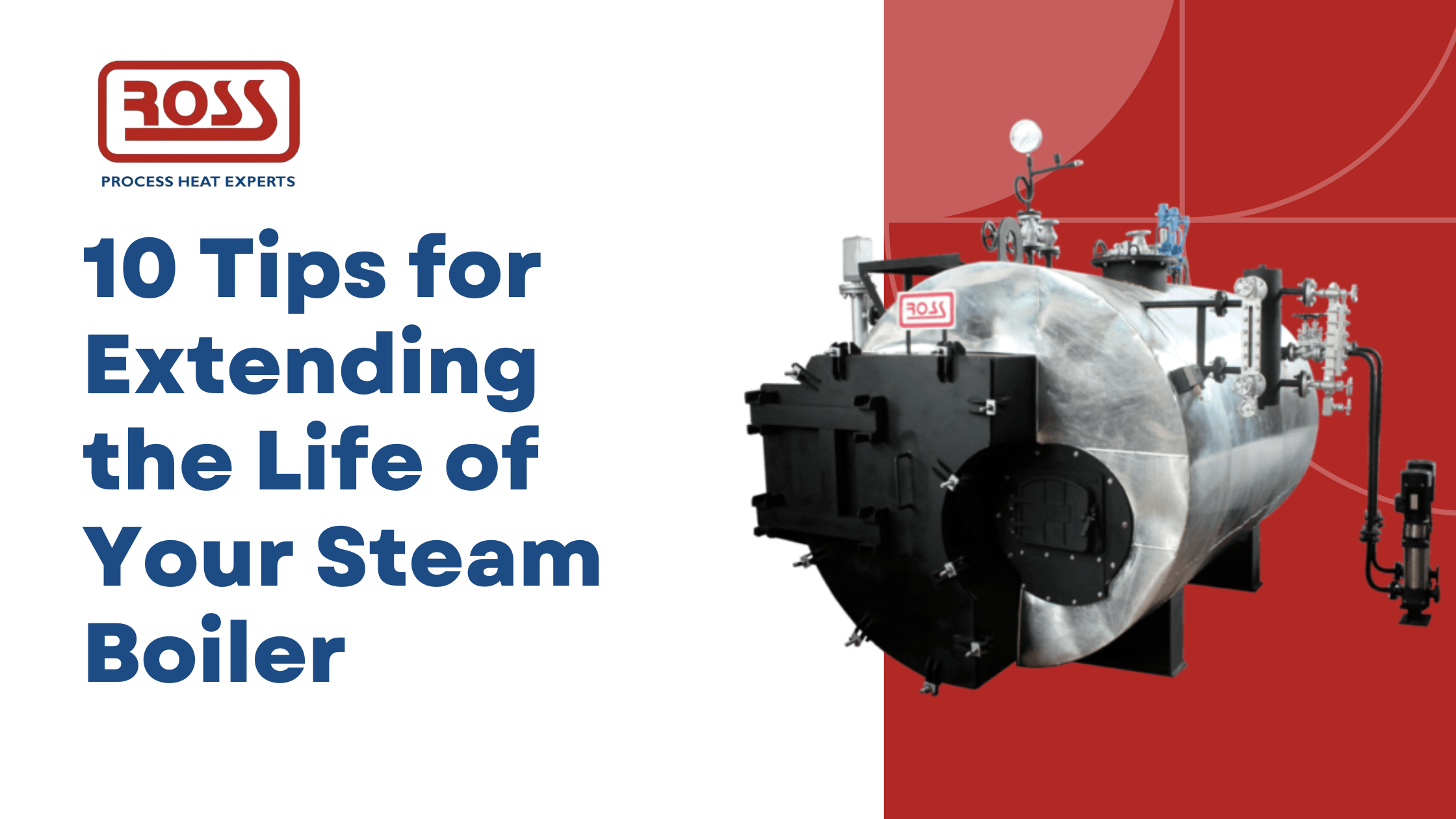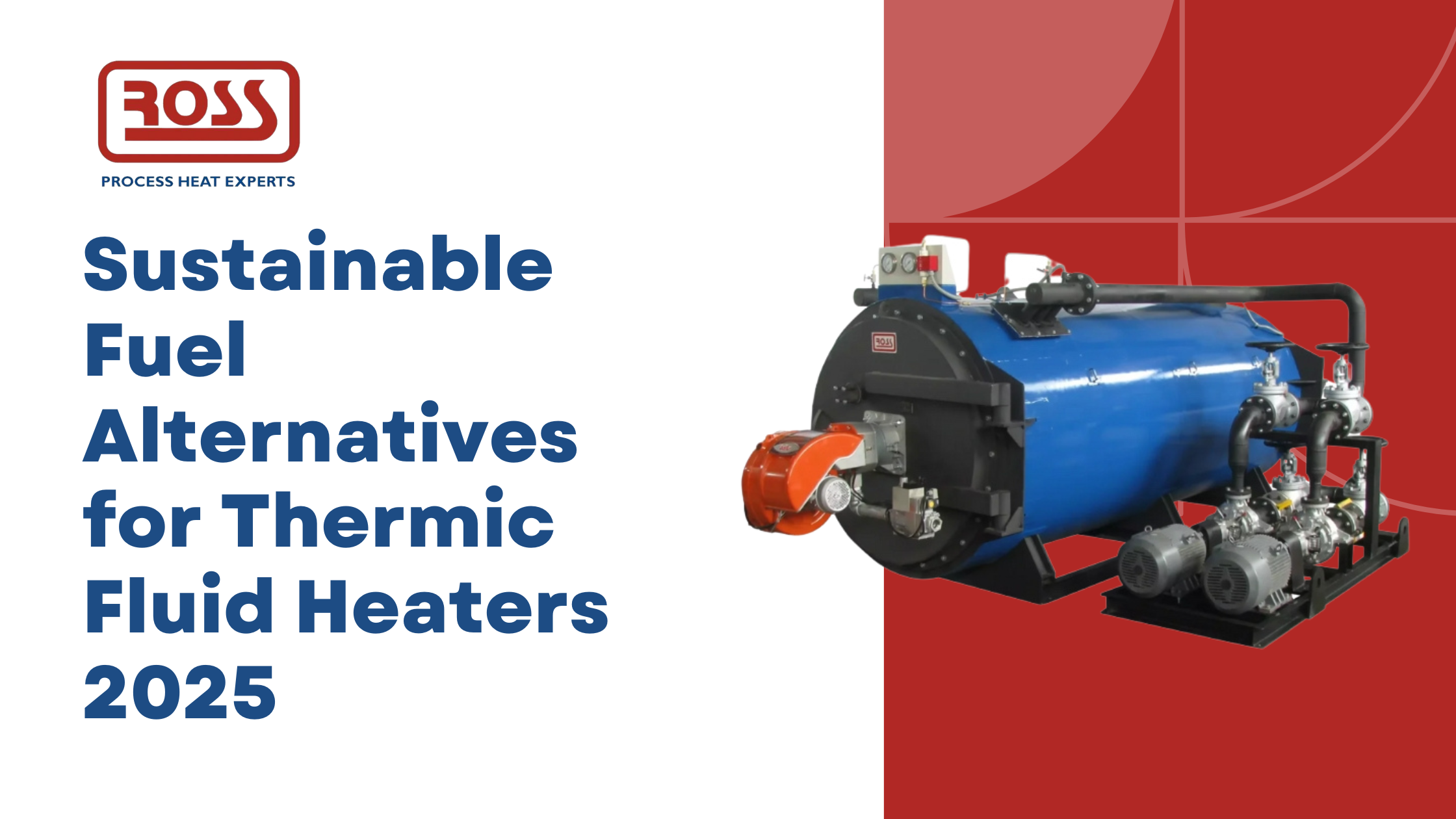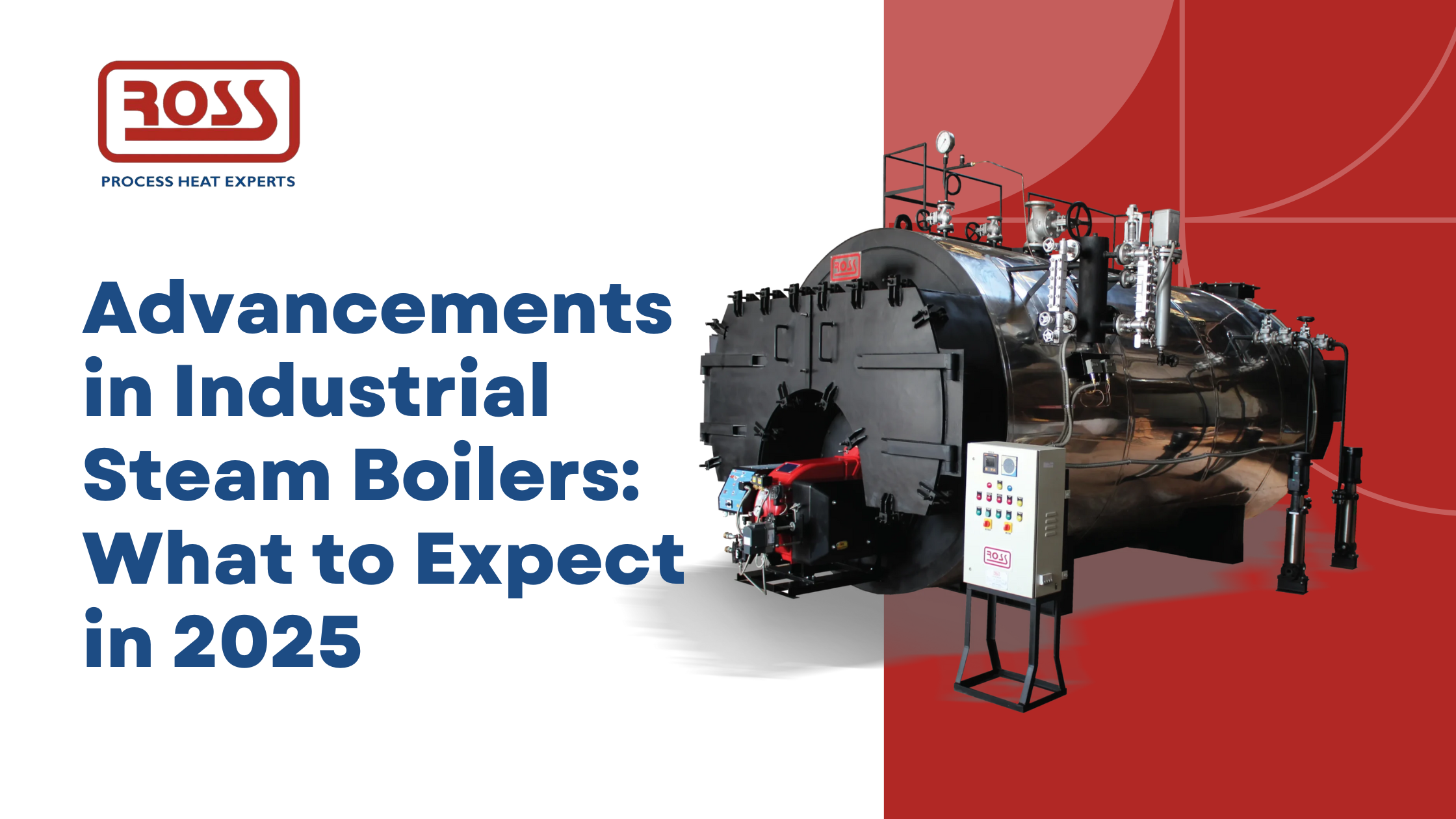Steam boilers play a pivotal role in modern agriculture by facilitating various essential processes. They generate steam that provides a consistent and reliable source of heat, which is crucial for enhancing productivity and operational efficiency. From heating and sterilization to drying and power generation, steam boilers are integral to optimizing agricultural operations and ensuring the smooth functioning of numerous processes.
Importance of Steam Boilers in Agriculture
In the agricultural sector, steam boilers are indispensable due to their critical role in enhancing operational efficiency and productivity. They provide a reliable and consistent source of heat essential for various processes, including food processing, greenhouse climate control, and livestock hygiene. By understanding their significance, stakeholders can better appreciate how steam boilers drive improvements in product quality, operational performance, and sustainability across the agricultural industry.
1. Food Processing
- Cooking and Pasteurization: Steam boilers are crucial for safely cooking and pasteurizing food products. They effectively eliminate harmful pathogens, ensuring food safety and extending shelf life.
- Equipment Sterilization: These boilers also aid in the sterilization of processing equipment, which is vital for maintaining high hygiene standards and preventing cross-contamination.
2. Greenhouse Operations
- Climate Control: In greenhouse settings, steam boilers regulate temperatures, creating ideal conditions for plant growth and maximizing crop yields. They help maintain a stable environment, which is essential for year-round production.
- CO2 Enrichment: By providing CO2 enrichment, steam boilers enhance photosynthesis, contributing to healthier plants and increased agricultural productivity.
3. Livestock Farming
- Sanitation: Steam boilers are used to sterilize equipment and facilities, reducing the risk of disease and ensuring a clean environment for poultry and livestock.
- Feed Preparation: Steam boilers also play a significant role in the preparation and processing of animal feed. By applying steam to feed ingredients, these boilers enhance the digestibility and nutritional value of the feed.
4. Enhancing Efficiency and Productivity
- Operational Efficiency: Steam boilers streamline agricultural processes by providing a consistent and reliable source of heat. This reduces processing times and enhances overall efficiency in operations such as food preparation, greenhouse management, and livestock care.
- Quality Control: By ensuring uniform heating and maintaining optimal conditions, steam boilers help achieve consistent product quality. This is critical for maintaining high standards in food safety, plant growth, and animal health.
5. Economic and Environmental Benefits
- Cost Savings: Steam boilers offer significant long-term cost savings through their energy efficiency and durability. Lower operational and maintenance costs make them a financially sound investment for agricultural businesses.
- Sustainability: Modern steam boilers are designed to be environmentally friendly, reducing the carbon footprint of agricultural operations. Their ability to integrate with renewable energy sources further enhances their sustainability and supports eco-friendly practices.
Key Applications of Steam Boilers in Agriculture
Steam boilers are crucial in agriculture, playing a pivotal role in various processes that boost efficiency, productivity, and overall operational effectiveness. From enhancing food safety and quality to supporting climate control in greenhouses and maintaining hygiene in livestock farming, steam boilers offer versatile applications across the agricultural sector.
1. Seed Germination and Treatment
- Germination Enhancement: Steam boilers provide controlled heat for the germination of seeds, ensuring uniform temperature conditions that promote optimal seed growth.
- Seed Treatment: They are used for treating seeds with steam to remove pathogens and improve germination rates, leading to healthier and more productive crops.
2. Soil Sterilization
- Disease Control: Steam boilers are used to sterilize soil by applying steam, which kills harmful bacteria, fungi, and pests. This process improves soil health and reduces the need for chemical treatments.
- Improved Crop Yields: By creating a pathogen-free environment, soil sterilization enhances crop yields and quality.
3. Dairy Processing
- Milk Pasteurization: Steam boilers are essential in dairy processing for the pasteurization of milk. They heat milk to kill harmful bacteria, ensuring it is safe for consumption and extends its shelf life.
- Sanitization: They are also used for sanitizing dairy equipment and facilities, maintaining high hygiene standards and preventing contamination.
4. Aquaculture
- Water Heating: In aquaculture, steam boilers heat water in tanks and ponds to maintain optimal temperatures for aquatic species. This is crucial for promoting healthy growth and maximizing production.
- Tank Cleaning: They are used for cleaning and sterilizing tanks and equipment, ensuring a hygienic environment for fish and other aquatic organisms.
5. Agrochemical Production
- Chemical Reactions: Steam boilers provide the necessary heat for chemical reactions in the production of agrochemicals. This includes the manufacturing of fertilizers, pesticides, and herbicides.
- Processing Efficiency: The consistent heat supplied by steam boilers improves the efficiency of chemical processing, leading to higher-quality products.
6. Heating of Agricultural Buildings
- Temperature Regulation: Steam boilers are used to heat agricultural buildings, such as barns and storage facilities. This helps maintain a stable temperature, ensuring the comfort of animals and protecting stored goods from temperature fluctuations.
- Energy Efficiency: They provide an efficient and reliable heating solution, reducing energy costs and enhancing the overall operational efficiency of agricultural facilities.
Benefits of Using Steam Boilers in Agriculture
Steam boilers are an invaluable asset in modern agriculture, providing numerous benefits that enhance operational efficiency, cost-effectiveness, and environmental sustainability. By generating consistent and reliable heat, steam boilers support various agricultural processes, from food processing and greenhouse climate control to livestock care and feed preparation.
Energy Efficiency
Steam boilers are known for their energy efficiency compared to other heating methods. They provide a consistent and reliable source of heat, which can lead to significant energy savings. This efficiency is particularly beneficial in agricultural settings where large amounts of heat are required for various processes.
Cost-Effectiveness
In the long term, steam boilers prove to be cost-effective. They reduce operational and maintenance costs by providing reliable performance and minimizing downtime. Their durability and efficiency contribute to lower overall expenses, making them a valuable investment for agricultural businesses.
Environmental Impact
Steam boilers contribute to environmental sustainability by reducing the carbon footprint of agricultural operations. Modern steam boilers are designed to be more energy-efficient and environmentally friendly, aligning with global sustainability goals. Their ability to integrate with renewable energy sources further enhances their environmental benefits.
Choosing the Right Steam Boiler for Agricultural Use
Factors to Consider
When selecting a steam boiler for agricultural use, several factors must be considered. These include the boiler’s capacity and size, which should match the specific needs of the operation. The type of boiler (fire-tube vs. water-tube) and fuel sources (natural gas, diesel, biomass) are also important considerations. Each type and fuel source has its advantages and suitability depending on the application.
Maintenance
Regular maintenance is crucial for ensuring the optimal performance and longevity of steam boilers. Proper upkeep helps in maintaining efficiency, reducing the risk of breakdowns, and extending the equipment’s lifespan. Implementing a routine maintenance schedule can prevent issues and ensure the boiler operates smoothly.
Case Studies and Real-World Examples
Food Processing Plants
Large-scale food processing plants utilize steam boilers to enhance safety and quality. By employing steam for cooking and pasteurization, these plants can produce safe and high-quality food products. Steam boilers also aid in the efficient cleaning and sterilization of equipment, ensuring a hygienic production environment.
Greenhouses
Greenhouses have successfully implemented steam boilers to optimize climate control and improve crop yields. By maintaining the ideal temperature and supporting CO2 enrichment, steam boilers contribute to better plant health and productivity. These real-world examples demonstrate the effectiveness of steam boilers in enhancing agricultural operations.
Future Trends and Innovations
Technological Advances
The future of steam boilers in agriculture is characterized by technological advancements. Innovations such as smart boilers with automation and energy-efficient designs are emerging. These developments promise improved performance, greater efficiency, and integration with renewable energy sources, aligning with the industry’s sustainability goals.
Sustainability
As agricultural practices evolve, steam boilers are expected to play a crucial role in supporting sustainable practices. The integration of renewable energy sources and advancements in boiler technology will contribute to more environmentally friendly and efficient agricultural operations.
Conclusion
Steam boilers are essential to the agricultural industry due to their roles in enhancing efficiency, productivity, and sustainability. Their ability to support various processes, from food processing to greenhouse operations, underscores their importance. For agricultural businesses seeking to optimize their operations, partnering with a reputable Steam Boiler Supplier in Umm Al Quwain, UAE, can provide valuable expertise and advanced solutions. By leveraging the latest steam boiler technology, the agricultural sector can continue to thrive and adapt to evolving demands.
At Ross Boilers, we design and manufacture industrial steam boilers designed to the specific requirements of our clients. Ross Boilers has been a leading steam boiler manufacturer in Dubai, Al Ain, Ras Al-Khaimah, Sharjah, Middle East, Ajman, Umm Al Quwain, Fujairah, and Abu Dhabi for 25+ years. Contact us to know more.

